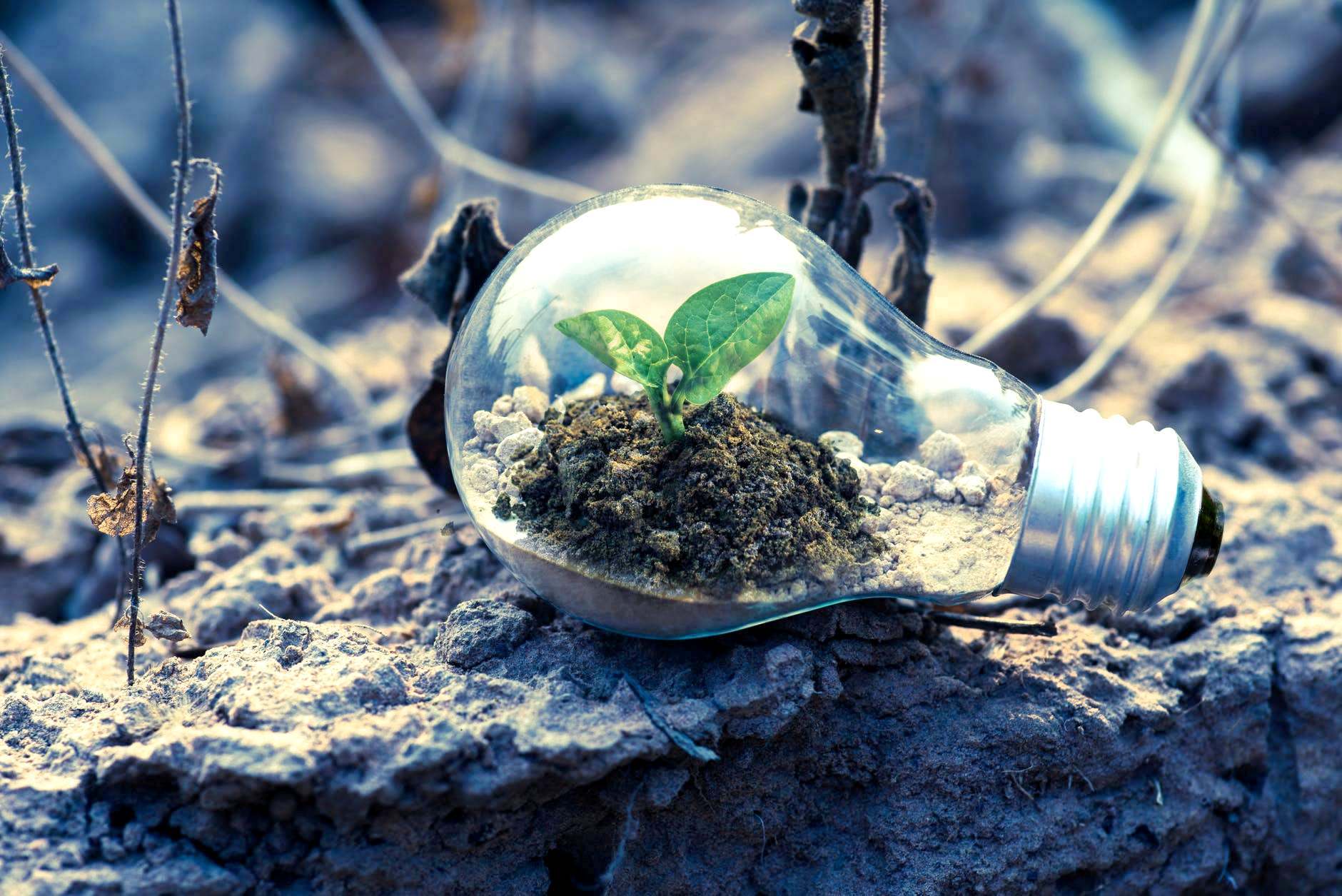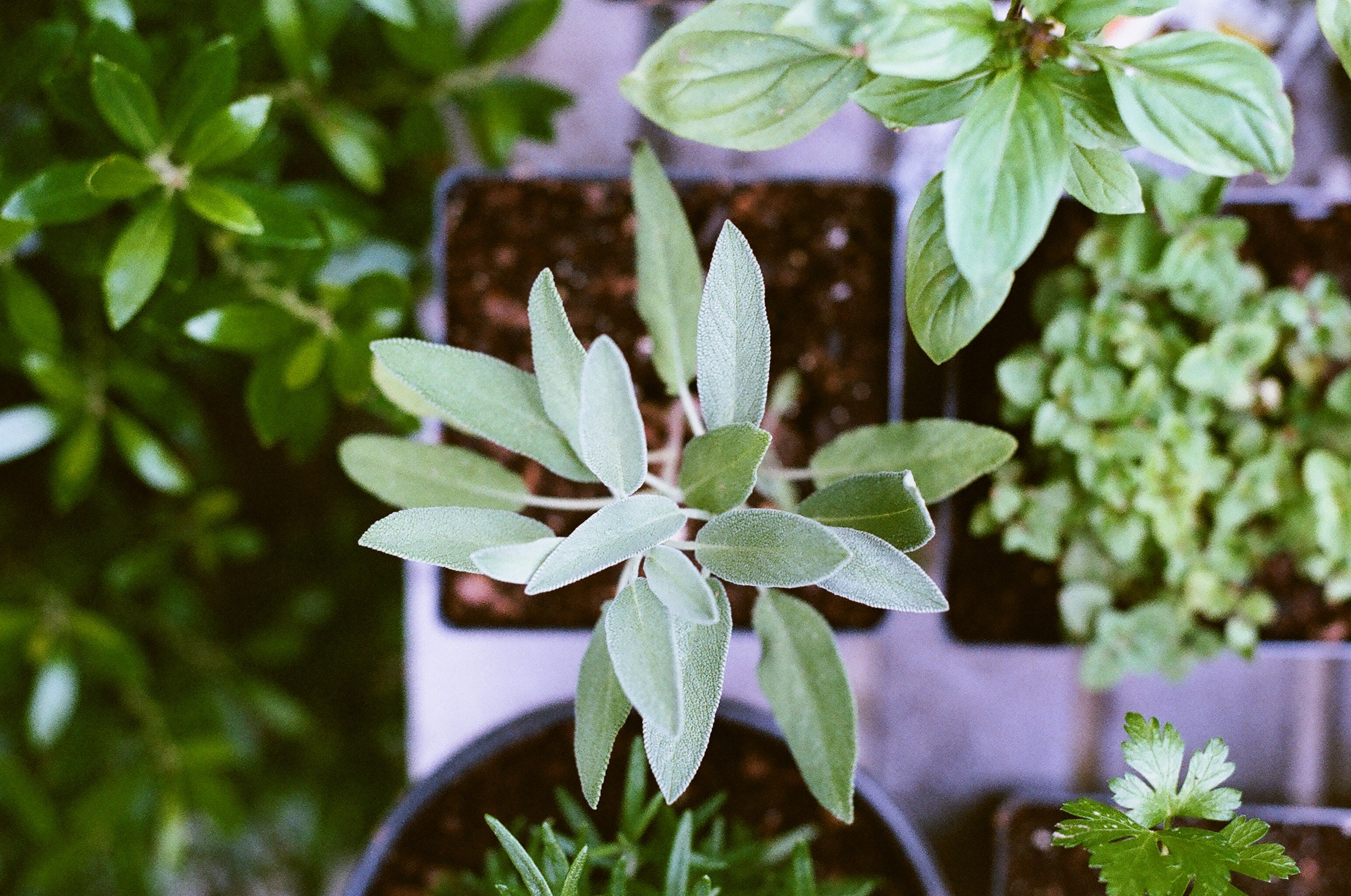
Image source: Pexels.com
With the threat of climate change and habitat destruction being imminent, people are slowly waking up to the idea of going green in their own day-to-day lives. Fortunately, there are a lot of helpful little things you can do to better your impact on the environment.
Forego driving
It's no secret that cars aren't exactly good for the environment. However, they are an almost essential part of our lives at this point. It's hard to commute to work without one, you know? It's not feasible to simply forego your car entirely, but there are some ways that you can help put a dent in your own carbon footprint.
For starters, skip out on any driving to close by locations that aren’t essential. If it takes you less than half an hour to bike there, why not take the chance to absorb some fresh air and have the wind blow through your hair? Best of all, you get a pretty good workout out of it.
Pick natural materials
Clothes seem like the least obvious culprit in polluting nature. However, they can have a significant impact when made from certain materials. Synthetic clothing is made up of fibres of polyester and other similar substances. They're plastic, basically. Not only are they irritating for your skin, but they also pollute the environment. When clothes end up on a landfill, you can bet that they won't be recycled and the lifespan of the plastics that they're made up of is too long to disregard.
Instead of wearing polyester clothing, consider some natural materials for your laundry. Cotton and wool are your best bets as they are much better for the environment. Not only that, but you also get the added benefit of more comfortable clothing!
Segregate waste
One of the biggest issues that surround the trash that we produce in our homes is the fact that it’s not easy to separate it. If it’s all in one bunch, hardly anyone will take the time to sort through it and use it in any acceptable manner. However, segregating it before you decide to throw it all away could make the job easier for recycling plants and waste management.
Start with things that are obviously recyclable. Glass and plastics should be put in separate containers. Contact your local recycling initiatives to find out where you can take these or if there are pickups for this type of material. Organic waste from your kitchen needn’t be thrown away with the rest as it can be used as a very effective composting material. What better way to contribute to the earth than to help it grow more plants while also eliminating trash?

Photo by Matt Montgomery on Unsplash
Use paper bags
Plastic bags are some of the worst pollutants that people can use. They are easy to rip and they aren’t exactly re-usable. Every time you buy a plastic bag, it basically guarantees that it will end up in the environment at some point. With the material it’s made up of, it’s going to stay in the ground for a long, long time.
Paper bags are a better bet. Taking paper from the environment is bad, but it’s a lot better than introducing plastic. The best part is that you can re-use some tough paper bags, so you don’t have to worry about buying new ones too often.
No more smoking
There are very few addictions that are as environmentally harmful as cigarette smoking. It’s an activity that not only produces harmful smoke that affects your own household environment, but it also produces a lot of waste in the form of cigarette butts and ash. These things harm the environment and you can bet that they aren’t good for plant and animal life.
Quitting cold turkey simply isn’t feasible for most people, especially since it’s such a socially acceptable vice in today’s world. Your best bet would be to minimize your impact by switching to some healthier and less-harmful alternatives such as nicotine patches or affordable electronic cigarettes. As long as you remove the harmful pollutants from the mix, you can be sure that your impact has been lessened significantly.
Plant a tree
It might not seem like a very impactful solution, but planting a tree can work wonders for the environment. Pick a piece of soil that isn’t already occupied by a tree and have at it.
You might think that one tree won’t make much of a difference, but that’s only true if you think of yourself as the only person that has thought of this idea. The point of going green is to work as a collective with one specific goal in mind. If everyone chips in and assists the environment, it can be spared with even the smallest changes over time.
Conclusion
Going green is a lot easier than you might have thought. Some of these minor changes will not only help you save the environment, but they will also make your life that much easier.
Guest post by Neil White
About the Author
Neil is a student of web design who enjoys writing a great content. His home is the whole world because he travels a lot. While you are reading this he is probably somewhere other than where he was yesterday.
You may also like
How to Reduce Single-Use Plastic Waste in Your Home
7 Minutes to a More Eco-Friendly Home
10 Ways to Reduce Waste in Your Day-to-Day Life
